Yesterday, I read the European Commission’s additional analysis on the revision of the Directive on the Sustainable Use of Plant Protection Products (PPP). This complementary study was requested by the Council at the end of last year. Being doubtful, several Member States asked for a more thorough analysis of the proposal and the target set by the Commission and to quantify the consequences of the proposed reduction targets in light of the changed geopolitical context.
Spoiler alert, the Commission’s new scrutiny does not add anything substantial to the first one (submitted in June 2022) and praises its work, stating that all the information requested by the Council is already available in the first assessment. Not surprisingly, for almost four years now, the Commission has refused to carry out any comprehensive impact assessment of its Farm to Fork strategy, preferring to bury its head in the sand.
As an Italian winemaker, what knocked me off my chair is the unbearable lightness that the Commission services took towards food production, pointing the finger at a few specific crops: in fact, the European executive’s analysis recognises that the worst consequences – in terms of production – will hit a few crops “that are not essential to ensure European food security” mentioning specifically grapes, hops, and tomatoes. It is absurd that a body that is supposed to ensure the smooth functioning of the single market, consumer protection and the implementation of the law can endorse such an approach when it comes to food production and admits that flagship agricultural products will be ‘sacrificed’ because we can live without them!
Behind each crop mentioned, there is an entire economic and social universe: from the machinery to the sectorial-specific press, from the biodiversity that gravitates around each plant in the field to landscape services, from the nursery sector to packaging, an entire production chain made up of passionate professionals follows the plant from the first stages of growth to the harvest and up to the market.
One cannot share the view that within the agricultural sector there are marginal crops and productions: agriculture is one of the leading sectors in the European economy precisely because of its wide range of different agri-food products, from large-scale production to smaller, niche products that are important exactly because of their special nature and excellence.
Another key, and in my opinion underestimated, aspect is the significant drop in production that this proposal, if implemented, would bring about at European level. This would have the effect of opening market space to products from outside Europe with very negative economic effects for an entire economy. For vines alone, the Commission itself admits that at least 28% of France’s grape production, 20% of Italy’s, and 10% of Spain’s – which, putting the three countries together, accounts for over 50% of the world’s wine production in 2022 – would be lost. While massively weakening our trade balance, this production would in any case be rebalanced by an increase in imports from third countries as consumption will not fall proportionally. What would be the point of importing wines from the other side of the planet for which we don’t even know of their production standards?
Very few people in Brussels are aware of all the efforts made by winegrowers and wine cooperatives over the past years to reduce the impact of the sector. This work cannot be conducted overnight; it is a process of progressive replacement with alternatives, advanced practices, and monitoring. With all my fellow winemakers and winegrowers, we do not want to block or slow down the transition towards greater sustainability. On the contrary, we want and must be an active participant in the dialogue leading to a reduction of the impact of its economic activity, to arrive at realistic goals, and not at forcing and imposing targets that would take us away from a result that would otherwise benefit an entire economy.
Wine is one of the products that make up the European agri-food identity, a strong marker that the European Commission has until recently always supported, particularly in its promotional campaigns with our trading partners. For years, the European Commission posters have been saying “Enjoy it IS from Europe“. I only wish that one day we won’t have to say, “Enjoy it WAS from Europe“.
Artigo publicado originalmente em Copa Cogeca.

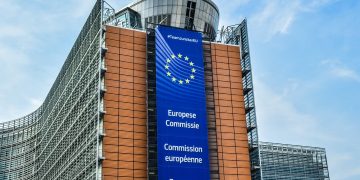
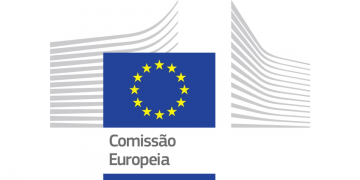
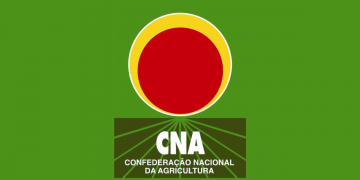

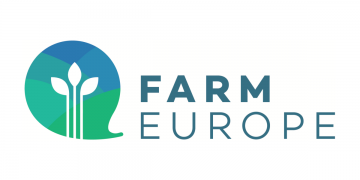
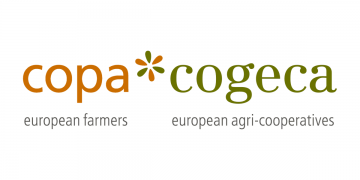

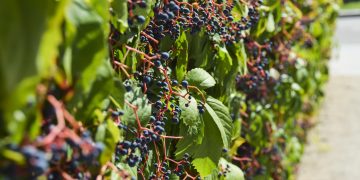












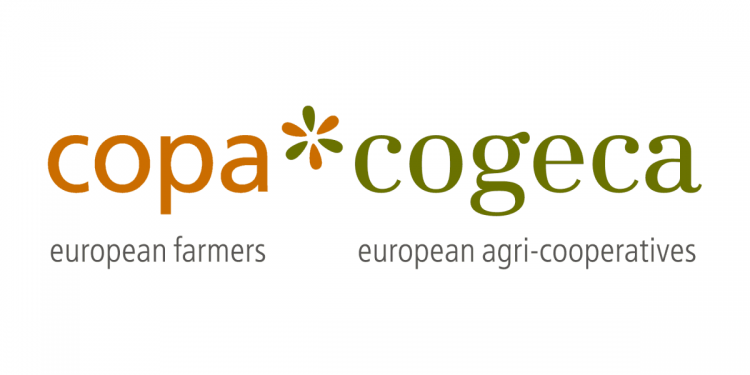
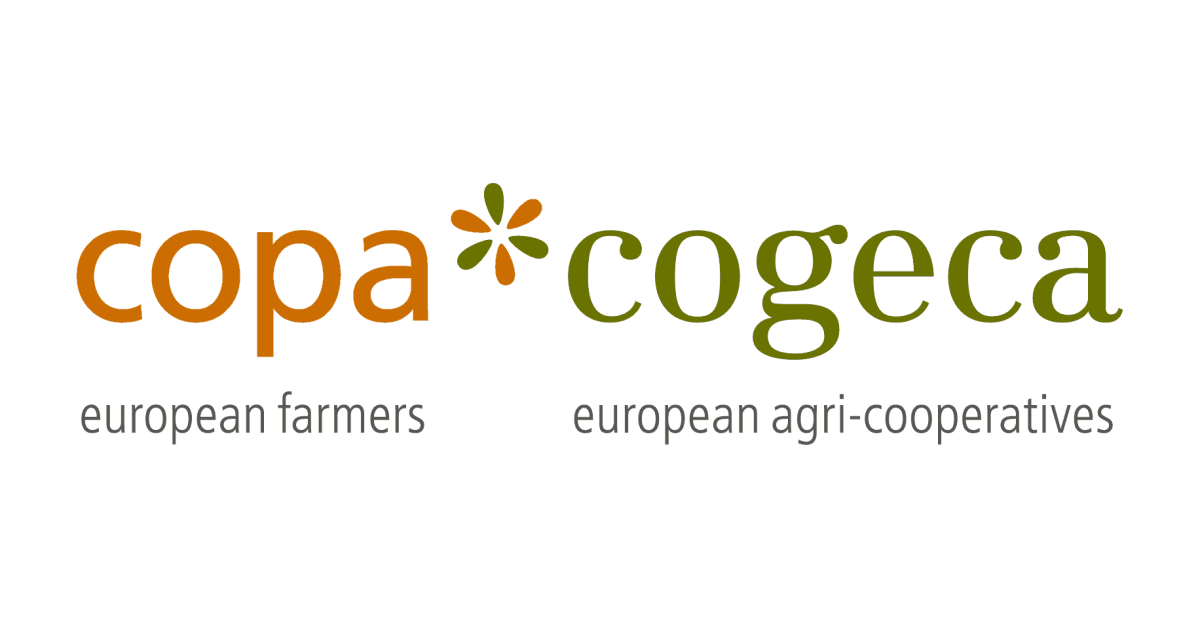
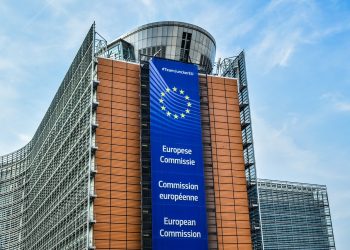
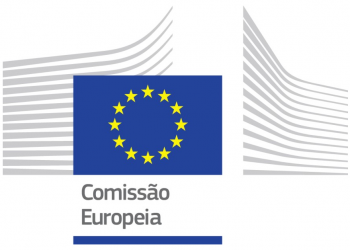
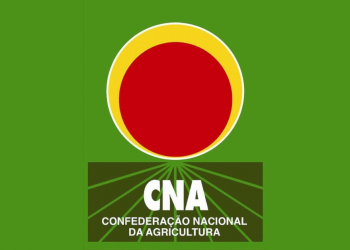





























Discussão sobre este post